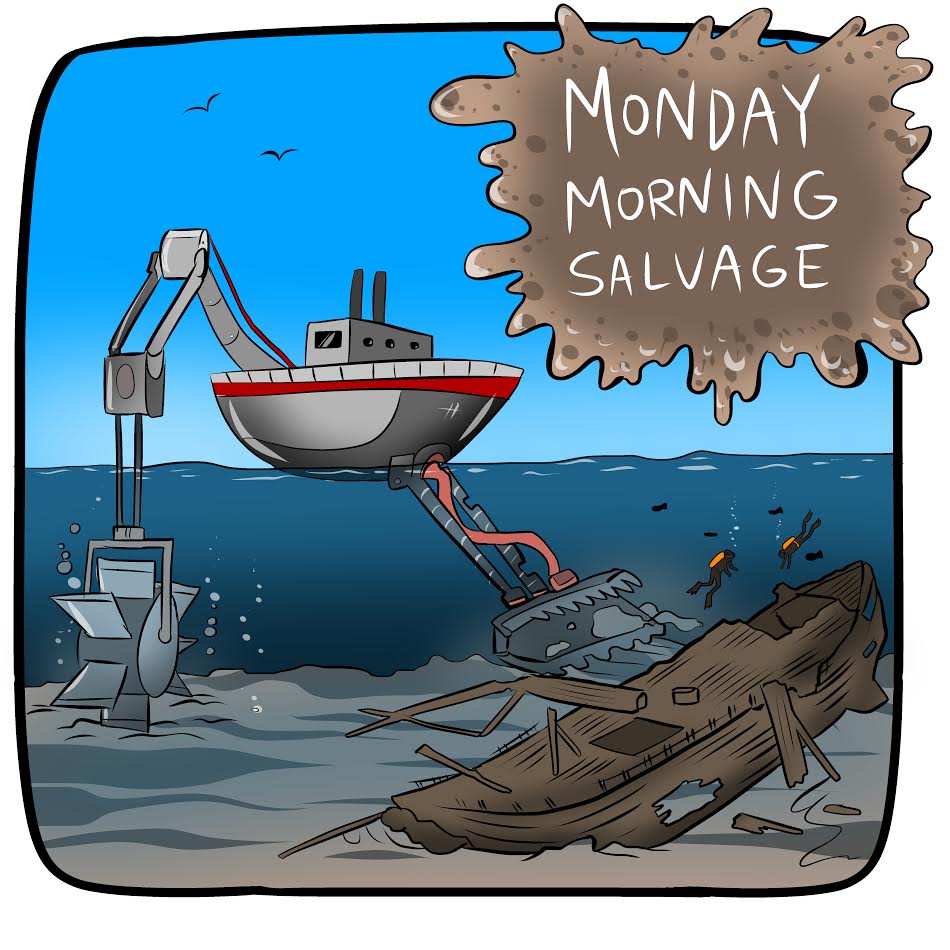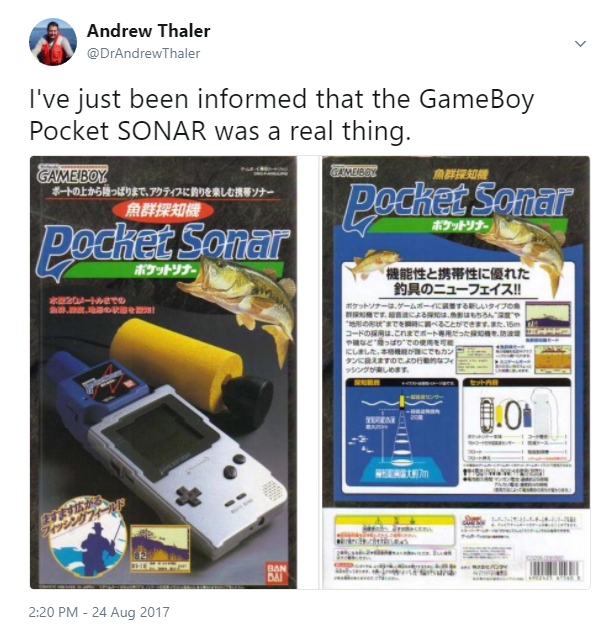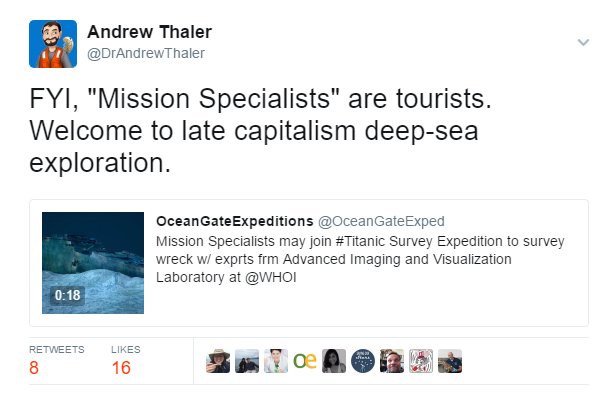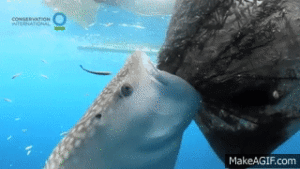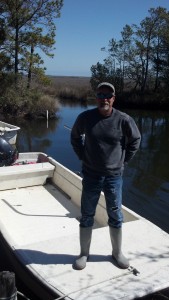
Cuttings (short and sweet):
- Watch how goblin sharks feed

- Follow the Sawfish Conservation Society on twitter!
- Sturgeon survives kidnapping, stabbing, and wildfire. By Amelia Templeton, for Oregon Public Broadcasting
- UK coast haven for seabirds becomes a marine protected area. From The Guardian.

